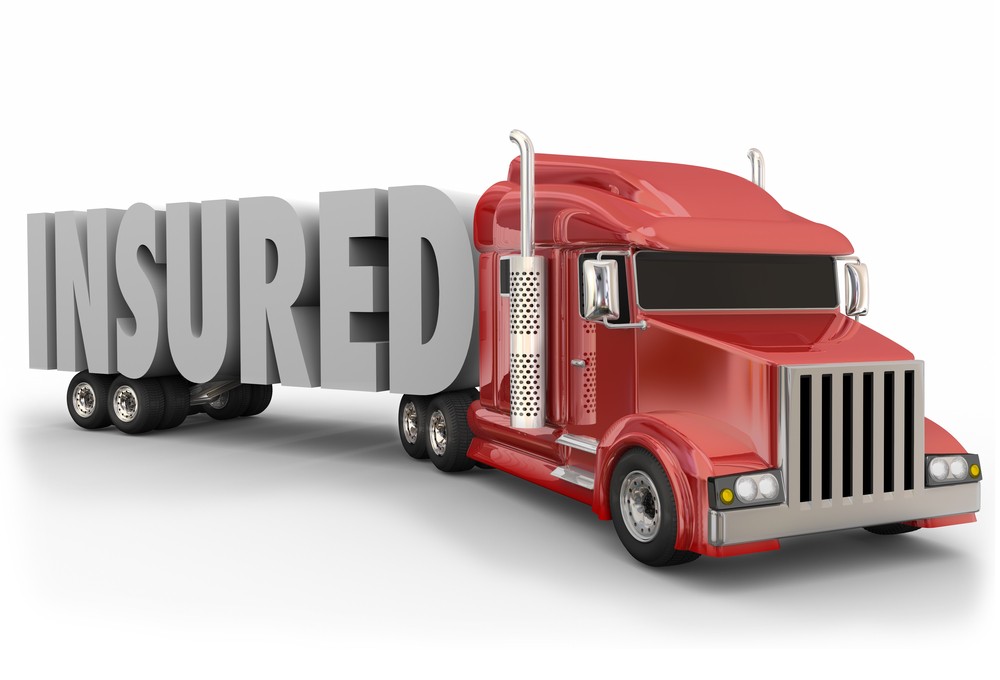The trucking business is highly competitive and you face a number of unique risks when you’re on the road. From unexpected accidents to other irresponsible drivers on the road, there are plenty of situations which could impact on your business financially.
Whether you’re a smaller business with a single truck or you have multiple vehicles, you need to ensure that you have the correct insurance cover in place. Today, we’ll be taking a closer look at commercial heavy truck insurance and how it applies to you.
What’s covered by heavy truck insurance?
Heavy vehicles can include commercial earthmoving equipment, livestock carriers, refrigerated carriers, building industry equipment, general carriers, tippers, and a range of other vehicles. Before you take out your insurance cover, always specify what vehicle you work with so you know that you don’t require an alternative form of cover.
When it comes to heavy truck insurance, the cover that you’re offered will vary according to the insurer so pay close attention to the fine print when it comes to inclusions and exclusions. The insurance policy you choose will also depend on the level of cover you require – a fully comprehensive policy, third party fire and theft cover, or third party cover only. Your insurance broker will be able to give you guidance as to the best cover for your situation but it’s important to remember that insurance is intended to protect you financially so make sure your policy provides you with adequate protection.
Depending on your needs, you can take out heavy truck insurance which only covers your vehicle or vehicles if loss or damage occurs, or third party damage occurs. However, many heavy truck operators require additional coverage for other aspects of their work and this cover can generally be included as part of your overall heavy truck insurance package.
What are the benefits of heavy truck insurance?
It’s simply good business sense to have heavy truck insurance in place. If you’ve worked hard to build up your business, a single incident can have financially devastating consequences and can often mean the end for smaller businesses if you’re not covered. If you have an accident and your vehicle is written off, you’d have to use your own money to start again. For a lot of businesses, this wouldn’t be realistic financially.
Even if your truck isn’t worth a lot of money, your insurance doesn’t just cover your vehicle – it also cover other vehicles in the event of an accident. This means that even if you are in an accident with another vehicle which is worth a considerable amount of money, your insurance means that you don’t need to shoulder the financial burden.
It’s not just damage to other vehicles you have to worry about. When you operate a heavy truck, it has the potential to cause significant third party damage if the unexpected occurs. For example, you could be on a worksite and unintentionally cause structural damage. This has the potential to cost hundreds of thousands of dollars. Luckily, your heavy motor insurance will protect against this type of third party damage.
Even if you own your own truck, it’s easy to see why you need to have the right level of insurance cover in place.
How much does heavy truck insurance cost?
The cost if your heavy truck insurance will depend on a number of factors, including:
Value of your property – the value of your truck and any additional items will have an impact on your premiums as the higher the value of your property, the more you can expect to pay.
Driving history – your previous driving history, such as the number of accidents that you’ve been in, will impact on your premiums. If you’re assessed as a safer driver, you won’t pay as much.
Excess amount – if you choose a policy which has a higher excess, it generally means that you’ll pay lower premiums. You need to make sure you get the balance right between a premium you’re comfortable with and an excess you’ll be able to comfortably afford.
Additional cover – depending on the structure of your policy, you may have additional cover included in your package or you may opt for more coverage depending on your situation. Although more cover will obviously cost more, opting for a package.
What additional cover should you consider?
Along with motor insurance to cover your vehicles, you may wish to also consider the following forms of cover to protect your business:
Public liability insurance – public liability insurance provides financial protection if you cause damage to property or injury to a person which has occurred as a result of your business activities. It also covers your legal bills if you need to hire a lawyer as part of the claims process. This policy is separate to the indemnity component of your motor insurance.
Goods in transit insurance – for many truck operators, you transport goods which can be worth significant amounts of money. Goods in transit insurance provides you with peace of mind that you’ll be covered for the loss, theft and damage of goods in your care.
Personal accident and illness insurance – with this cover, you’ll continue to receive a portion of your income if you’re unable to work due to an unexpected injury or illness. This allows you to keep up with expenses while you recover.
Here at GSK Insurance Brokers, we offer insurance solutions to ensure that your heavy truck is covered. We pride ourselves on our flexible cover which means you can find insurance that suits your specific needs. With our insurance, you’ll find cover which is both high quality and cost-effective. When it comes to claim time, your insurance broker will step in and deal with the insurer directly on your behalf. It couldn’t be easier!
If you’d like more information about truck insurance for your business, contact GSK Insurance Brokers today on (08) 9478 1933.


